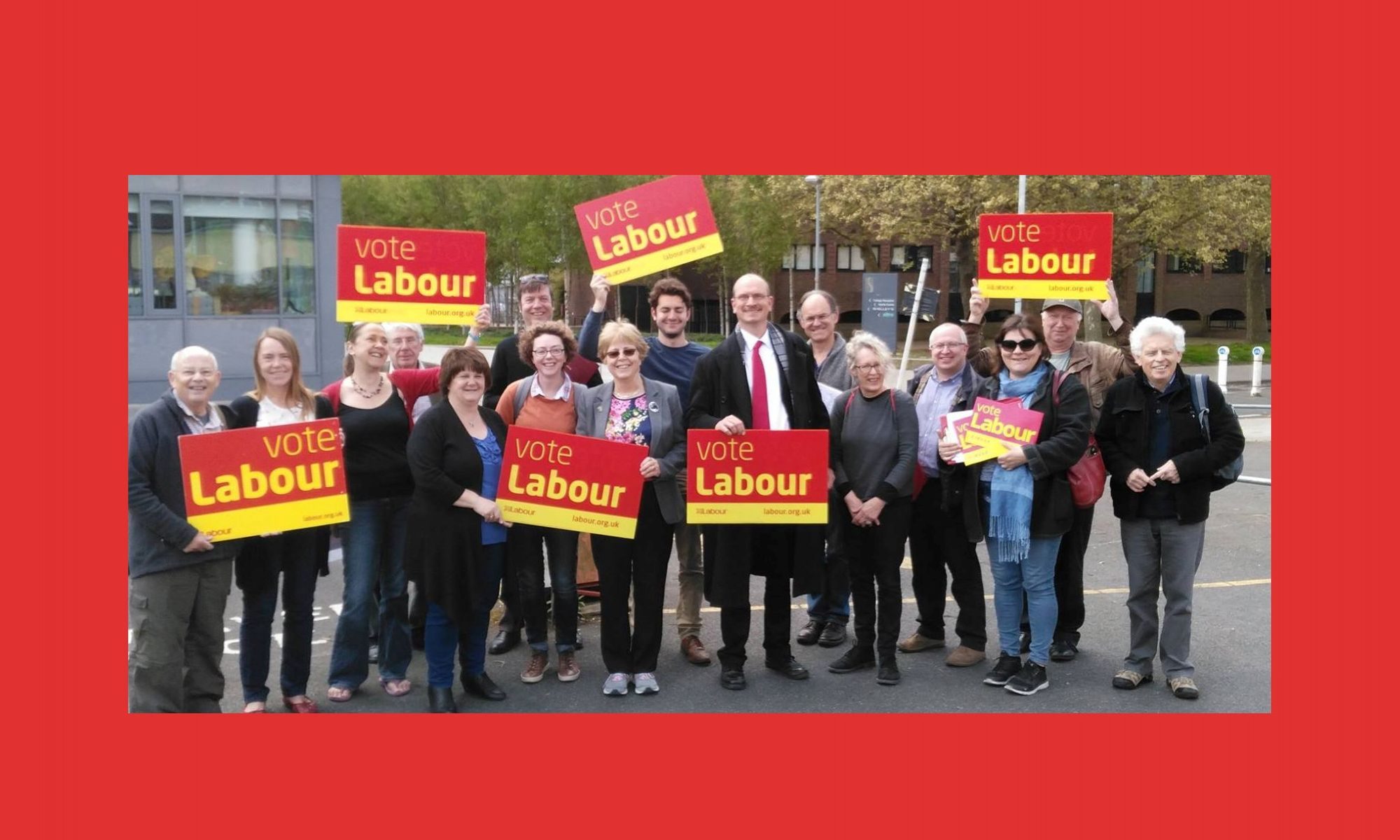Tony Blair tried to suggest – like the caterpillar in Alice – that Socialism meant whatever he wanted it to mean. Many of us in the Labour Party suspected that that meant “not a lot”. I believe that Socialism has to be based on ownership, and ownership has to be recognised as a power relationship. I own my toothbrush. I have decided which toothbrush to buy, I am the only person who uses it, and I will decide when it is time to replace it. It makes no sense for anyone else to have any power over how I use my toothbrush. If I were to run a pub, I could own the pub building and operate a Free House. There would be regulations that I would have to abide by. If I employed any staff, which I would almost certainly have to do, there would be regulations to govern their terms and conditions of service, and that level of interference in my pub business would be entirely right and proper. The laws and regulations would be there to protect my customers and my staff. They would act as conditions and limits on the power of my ownership. But as the owner and operator of a Free House I would still be able to make the majority of the decisions about the business, and if the business did well I would be the main beneficiary, and if the business did badly I would be the main loser. This model of small business is usually the most effective way of delivering goods or services that are practical at that scale. In general, I think the power to make decisions about work should be as close to the people doing the work as possible, and sole traders and micro-businesses fulfil that condition admirably.
When we get to big Public Limited Companies, the links between effort, reward and decision-making have all but vanished. It is not just inequitable that financial bodies acting on behalf of the very very rich should be able to determine whether a productive company grows or folds, it is also massively wasteful. The capitalism we currently have in the world is not about James Hargreaves persuading a few of his wealthy friends to invest in the production of the Spinning Jenny, it is about vast sums of unearned income flowing through financial instruments to places where they can maximise their returns, with no reference whatever to the actual utility to the world of the investments made. Perfectly profitable companies, such as Rowntree, are sold to rivals by shareholders who can gain more from their new shares in Nestle, especially once Nestle have closed Rowntree down. Hedge funds borrow money in order to purchase companies that are providing goods and services, and then charge those companies for the interest on the money used to buy them out. Companies which have no relevant expertise buy out other companies which are “asset rich” just so that they can split them up, sell off the pieces which are most saleable, and close down the rest. Sovereign wealth funds from the Arab states or from the Far East purchase essential parts of the fabric of our nation, and make decisions about what British people will or will not produce which our own government is powerless to make.
I believe that public services, and particularly monopolies such as gas and water, should all be in public ownership. It is particularly unreasonable if democratically elected governments cannot even make decisions about publicly delivered services. How we generate electricity, how we use gas, how we deal with our waste water, how we travel – these are decisions which have a serious impact on the ability of our planet to sustain future generations, and they shouldn’t be taken on the basis of short-term financial gain. The power to make decisions in the public good is severely curtailed when the services that are the subjects of those decisions are owned by private companies.
But in addition, I believe that democratically elected governments should have far more say over the ways in which money is used and abused in our world, and that all “public” companies should be publicly accountable – to their workforce, to their customers and to the wider society – and not simply rest on the whim of financial investors.
Politics is not a game. Our world faces enormous challenges. Global warming continues apace, our seas and air continue to be polluted, and the possibility of nuclear obliteration has not gone away. We desperately need a world where the decisions that we take are on the basis of our world’s needs, and not on the basis of increasing the proportion of the world’s resources that rest in the hands of a tiny few. That’s why democracy and socialism are both important. “Democracy” without socialism is a powerless sham that acts as a fig-leaf for the power of the wealthy elite. “Socialism” without democracy leads to tyranny and the concentration of power in a different but equally pernicious elite. Genuine democracy and genuine socialism can only exist hand in hand. I am proud to call myself a democratic socialist, and will fight to keep the Labour Party as a democratic socialist party.
Sandy Martin 28-05-2018
